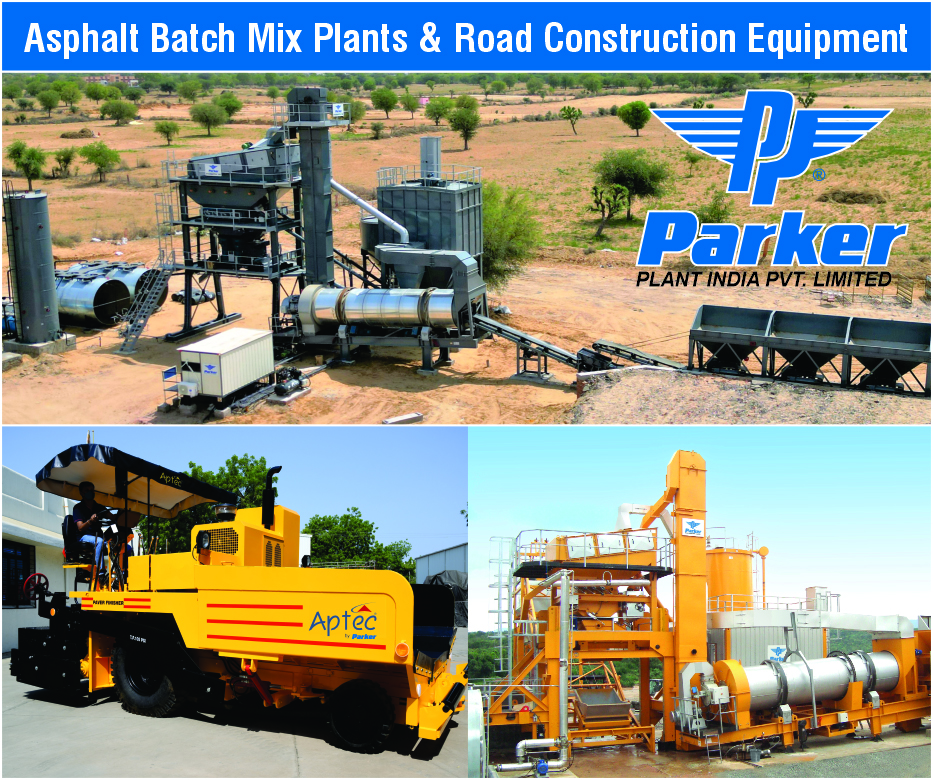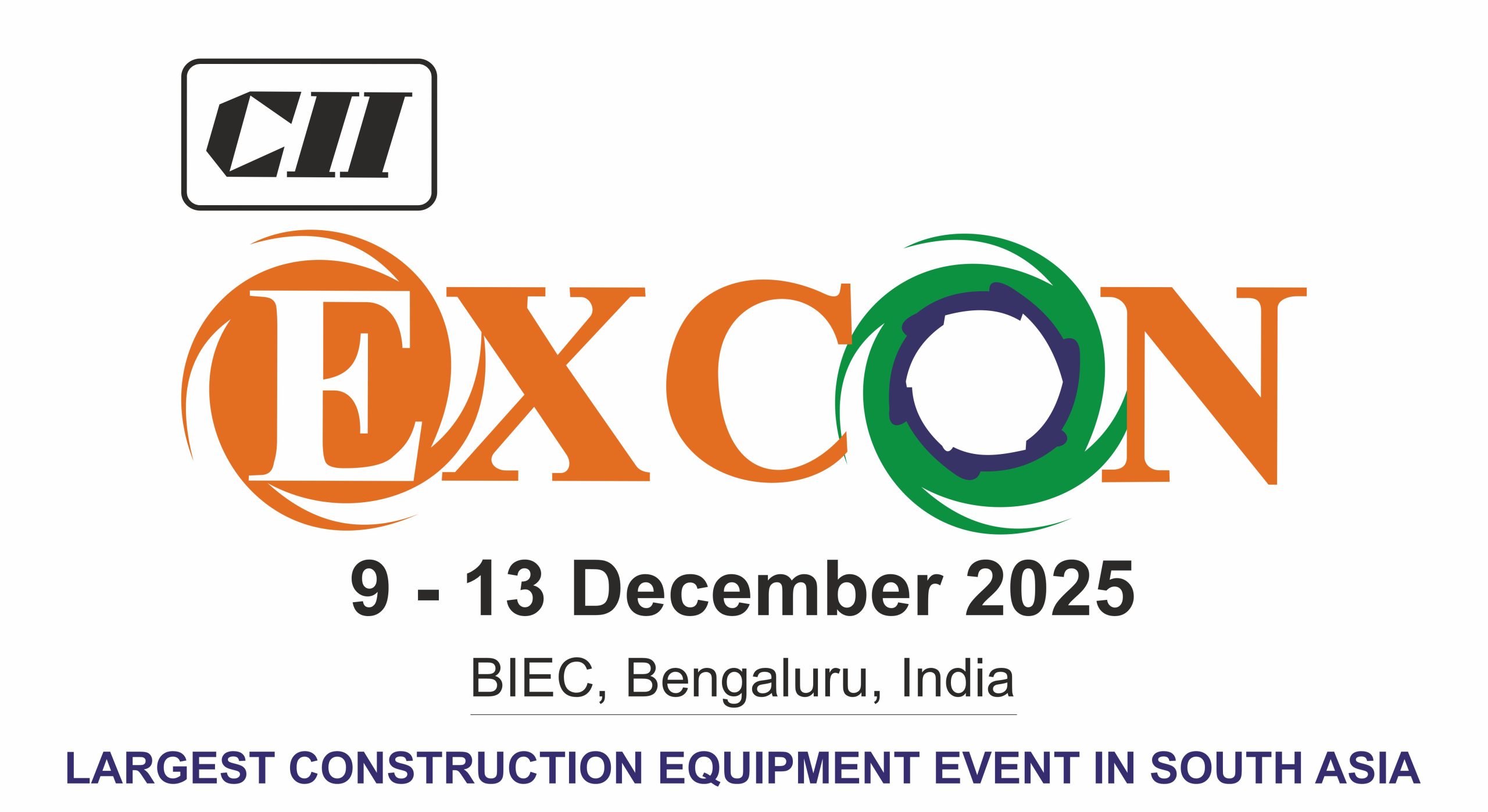In an era where regulation is both a hurdle and a differentiator, the global construction and heavy machinery sectors are witnessing markedly divergent policies that are redefining investment opportunities. In the United States, the Department of Justice is intensifying antitrust enforcement—targeting collusion among major players in equipment rental markets, algorithmic pricing schemes, bid-rigging, and other anti-competitive practices—to safeguard market integrity and protect government infrastructure investments.
Conversely, Norway is channeling its regulatory approach toward sustainability by aligning procurement processes with climate targets—specifically incentivizing the adoption of zero-emission construction machinery through strategic tenders and support schemes.
These contrasting frameworks create distinct investor pathways: U.S.-based opportunities now favor firms that offer antitrust compliance solutions, legal-tech innovations, or transparent pricing platforms, while Norway’s market is fertile ground for companies specializing in green equipment, electrification, and low-carbon innovation.
When woven together, these regulatory disparities highlight a broader truth: investors who adapt—leveraging legal-tech strengths in enforcement-driven markets and aligning with ESG-oriented procurement regimes—can unlock value in this fundamentally transformed, fragmented global industry.










